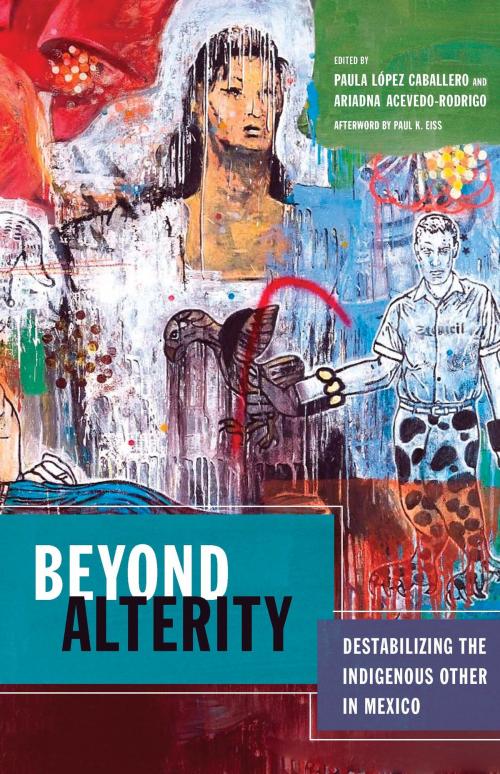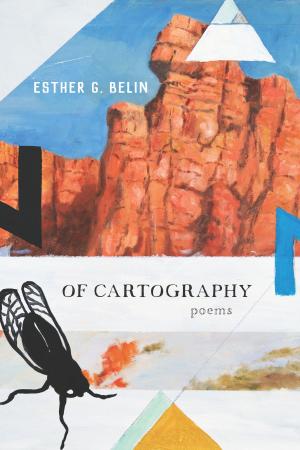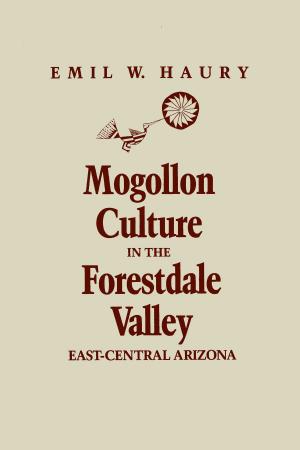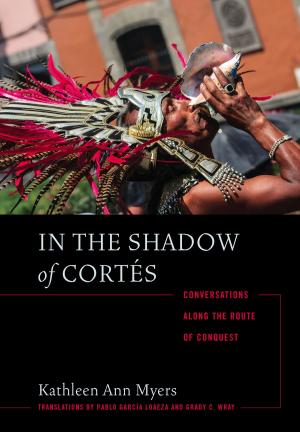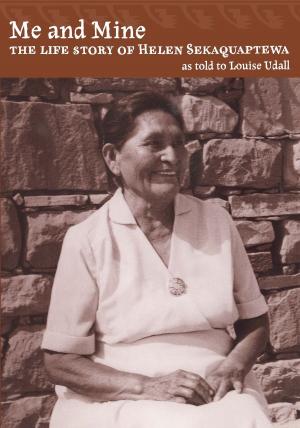Beyond Alterity
Destabilizing the Indigenous Other in Mexico
Nonfiction, History, Americas, Mexico, Social & Cultural Studies, Social Science, Anthropology| Author: | Paula López Caballero, Ariadna Acevedo-Rodrigo, Paul K. Eiss | ISBN: | 9780816538188 |
| Publisher: | University of Arizona Press | Publication: | April 17, 2018 |
| Imprint: | University of Arizona Press | Language: | English |
| Author: | Paula López Caballero, Ariadna Acevedo-Rodrigo, Paul K. Eiss |
| ISBN: | 9780816538188 |
| Publisher: | University of Arizona Press |
| Publication: | April 17, 2018 |
| Imprint: | University of Arizona Press |
| Language: | English |
The concept of “indigenous” has been entwined with notions of exoticism and alterity throughout Mexico’s history. In Beyond Alterity, authors from across disciplines question the persistent association between indigenous people and radical difference, and demonstrate that alterity is often the product of specific political contexts.
Although previous studies have usually focused on the most visible aspects of differences—cosmovision, language, customs, resistance—the contributors to this volume show that emphasizing difference prevents researchers from seeing all the social phenomena where alterity is not obvious. Those phenomena are equally or even more constitutive of social life and include property relations (especially individual or private ones), participation in national projects, and the use of national languages.
The category of “indigenous” has commonly been used as if it were an objective term referring to an already given social subject. Beyond Alterity shows how this usage overlooks the fact that the social markers of differentiation (language, race or ethnic group, phenotype) are historical and therefore unstable. In opposition to any reification of geographical, cultural, or social boundaries, this volume shows that people who (self-)identify as indigenous share a multitude of practices with the rest of society and that the association between indigenous identification and alterity is the product of a specific political history.
Beyond Alterity is essential reading for anyone interested in understanding indigenous identity, race, and Mexican history and politics.
Contributors
Ariadna Acevedo-Rodrigo
Laura Cházaro
Michael T. Ducey
Paul K. Eiss
José Luis Escalona-Victoria
Vivette García Deister
Peter Guardino
Emilio Kourí
Paula López Caballero
Elsie Rockwell
Diana Lynn Schwartz
Gabriela Torres-Mazuera
The concept of “indigenous” has been entwined with notions of exoticism and alterity throughout Mexico’s history. In Beyond Alterity, authors from across disciplines question the persistent association between indigenous people and radical difference, and demonstrate that alterity is often the product of specific political contexts.
Although previous studies have usually focused on the most visible aspects of differences—cosmovision, language, customs, resistance—the contributors to this volume show that emphasizing difference prevents researchers from seeing all the social phenomena where alterity is not obvious. Those phenomena are equally or even more constitutive of social life and include property relations (especially individual or private ones), participation in national projects, and the use of national languages.
The category of “indigenous” has commonly been used as if it were an objective term referring to an already given social subject. Beyond Alterity shows how this usage overlooks the fact that the social markers of differentiation (language, race or ethnic group, phenotype) are historical and therefore unstable. In opposition to any reification of geographical, cultural, or social boundaries, this volume shows that people who (self-)identify as indigenous share a multitude of practices with the rest of society and that the association between indigenous identification and alterity is the product of a specific political history.
Beyond Alterity is essential reading for anyone interested in understanding indigenous identity, race, and Mexican history and politics.
Contributors
Ariadna Acevedo-Rodrigo
Laura Cházaro
Michael T. Ducey
Paul K. Eiss
José Luis Escalona-Victoria
Vivette García Deister
Peter Guardino
Emilio Kourí
Paula López Caballero
Elsie Rockwell
Diana Lynn Schwartz
Gabriela Torres-Mazuera
